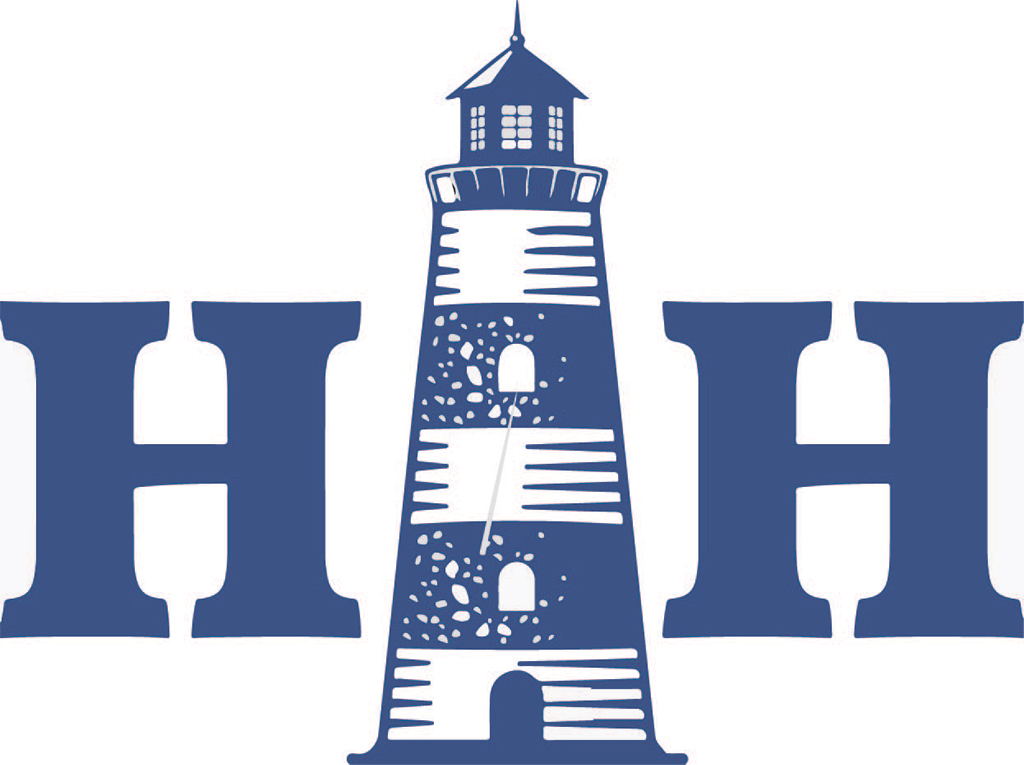Losing a loved one is one of the most challenging experiences a person can go through in their life. When we lose someone, it’s hard to get through the pain and grief that accompanies such a significant loss. While comfort can be found in family and friends, most people suffering with grief can also benefit from additional support to help them navigate the emotional turbulence.
Grief counseling helps individuals and families who are going through the process of loss. Counselors offer support, guidance, and a safe, non-judgmental space for people to express their emotions and feelings.
Grieving is hard enough in its own right, but when the death is tragic or unexpected, the sudden upheaval of your life makes the process even more difficult. At Harmony Harbors, our grief counselors can be a valuable resource for people dealing with the loss of a loved one – especially if that loss is a result of the effects of addiction.
Grief and addiction are often intertwined, and dealing with grief can also trigger a relapse for individuals struggling with substance use disorder. Working with a grief counselor, individuals can learn healthy coping mechanisms to manage their emotions and give themselves additional tools to avoid unhealthy behaviors.
A Safe, Non-Judgemental Space
When we lose a loved one, we can experience a range of reactions including denial, anger, bargaining, depression, and acceptance. Many people feel like they need to hold their emotions in and only express them in “socially acceptable” ways or put on a brave face for others. Part of a counselor’s job is to create a space for people to grieve the way they need to without judgment or shame. This is especially important for family grief counseling, where individuals may feel pressured to put others’ needs before their own. Everyone has a right to mourn their loved ones, and creating the space for that to happen is vital to helping you heal.
Improve Communication Skills
Grief is challenging to communicate to others, especially if they haven’t experienced loss themselves. Counselors are trained on proven methods to help their patients explain those feelings in words. It is possible to learn how to communicate your emotions and needs. It can also be helpful to have a mediator involved to make sure everyone in a family grief counseling session gets a chance to grieve in their own way.
Learn Coping Mechanisms
Sometimes people turn to drugs or alcohol to cope with their grief. If substance use is added to the already challenging emotions of grieving a relapse can be even more possible, and dangerous, than it typically would be. A grief counselor helps individuals learn healthy coping mechanisms, like meditation, exercise, and therapy, to manage their emotions in a healthy, non-destructive way.
Address Underlying Issues
Grief can bring up underlying traumas or mental health issues that also need to be addressed. A qualified grief counselor can recognize when these issues might be emerging and point them out. This process can help you identify and address the path to healing and recovery from more than the grief itself.
Build a Support System
While your family and friends are a valuable source of support during hard times, they may not fully understand the complexities of grief and loss. They are also grieving themselves and may truly lack the proper capacity at that time to support others. In grief counseling, you can learn how to build a support system with people who understand what you’re going through.
Dealing with grief from loss is both an incredibly personal struggle and a unifying human experience. Sharing your pain with a grief counselor at Harmony Harbors provides a safe space to address your pain. We can help you learn how to deal with it in a healthy way and talk about your feelings to allow your wounds to heal. By working with Harmony Harbors for grief support, we can help you navigate the grieving process and move toward peace.


